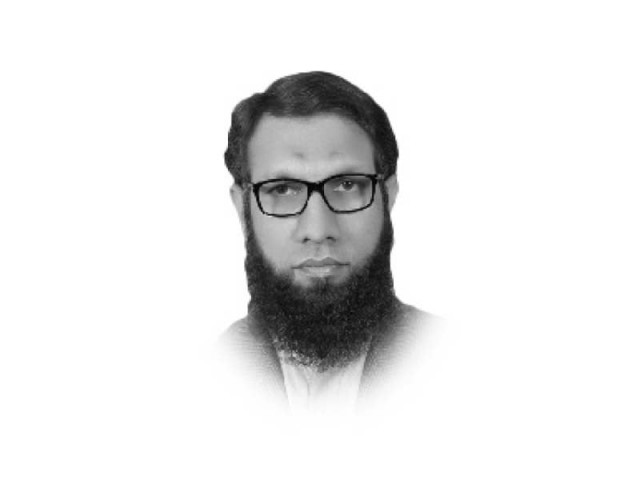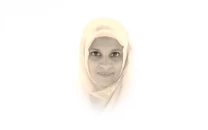The urgency of reforming madrassa system
Children deserve better, they deserve an education that teaches both faith and reason, both discipline and empathy

In a remote village in Shangla, a young boy was recently beaten to death by his teachers — for the "crime" of being absent from his madrassa for two days. His bruised and lifeless body now serves as a chilling indictment of a system that has gone unchecked for far too long. It tells a story of a failed educational model, a broken moral order, and a collective national negligence.
The teachers involved were not lone wolves. They are part of a system that normalises violence, silences compassion, and rewards conformity over critical thinking. They are not educators; they are enforcers of a pedagogy built on fear, rote learning, and emotional suppression. And society continues to look away — shocked, perhaps, but ultimately silent.
Let us be honest: this is not a one-off tragedy. It is a pattern. Madrassas, particularly in rural and underprivileged areas, are increasingly becoming hubs of psychological abuse, ideological rigidity, and physical violence. This is not to say that every madrassa or every teacher is guilty. But when a system regularly produces such outcomes and yet faces no structural reform, then the rot runs deep.
Pakistan's madrassa network is vast — estimated to range between 30,000 and 40,000 institutions, educating millions of children. These children often come from the poorest segments of society. With no access to quality public schooling, their parents send them to madrassas hoping for a better future, spiritual guidance, and moral instruction. What they often receive, however, is a form of religious education stripped of the very essence of religion — mercy, reason, compassion, and balance.
In many madrassas, the core focus is not on understanding Islam's universal ethical teachings. Instead, the curriculum revolves around memorisation, rigid interpretations of doctrine, and blind obedience to authority. The pedagogical tools are outdated; the teacher-student relationship is authoritarian; and the use of corporal punishment is alarmingly normalised.
Even the language of instruction reflects this mindset. Traditional Arabic grammar lessons begin with daraba (he hit), darabtum (you hit), darabahu (he hit him) — a vocabulary that emphasises action through domination. This is not merely linguistic convention; it shapes a worldview. A child raised on the language of violence is likely to internalise aggression as the default response to disagreement or disobedience.
This is not an argument against religious education. Quite the contrary. When rooted in prophetic ethics, religious instruction can nurture empathy, self-discipline, humility, and a deep sense of purpose. But today's madrassas — some backed by powerful religious lobbies and countries — do not aim to produce reflective moral agents. They churn out either passive conformists or ideologically rigid minds incapable of navigating a pluralistic modern world.
What is worse is the appeasement policy of the state. Influential actors in official positions have long avoided confronting the madrassa establishment for fear of political backlash. The result is a dual education system where the elite study in secure, progressive schools, while the poor are abandoned to a pedagogical regime from the medieval age.
Other countries have confronted this challenge. Turkey, for instance, shut down thousands of unregulated religious schools and integrated faith-based instruction into its mainstream education system — ensuring oversight, teacher training, and curricular modernisation. Pakistan faces the same crossroads. The choice is stark: either bring madrassas under state regulation, modernise their curriculum, and retrain their teachers — or phase them out entirely and move toward a single, inclusive education system for all.
Children deserve better. They deserve an education that teaches both faith and reason, both discipline and empathy. And most of all, they deserve to be safe.
If we continue to ignore the mounting evidence, if we keep excusing brutality under the guise of tradition, we will soon find that it is not just children being buried - but the very soul of Pakistan. This moment calls for decisive reform. Anything less is complicity.
















COMMENTS
Comments are moderated and generally will be posted if they are on-topic and not abusive.
For more information, please see our Comments FAQ